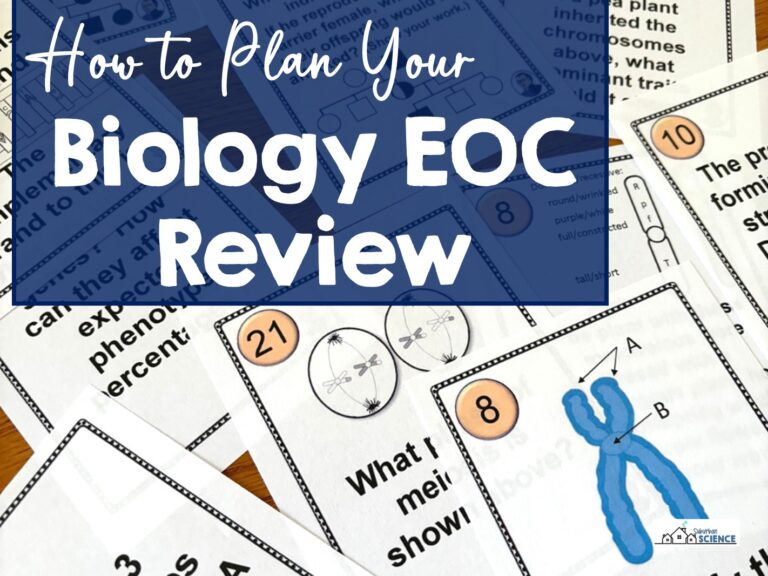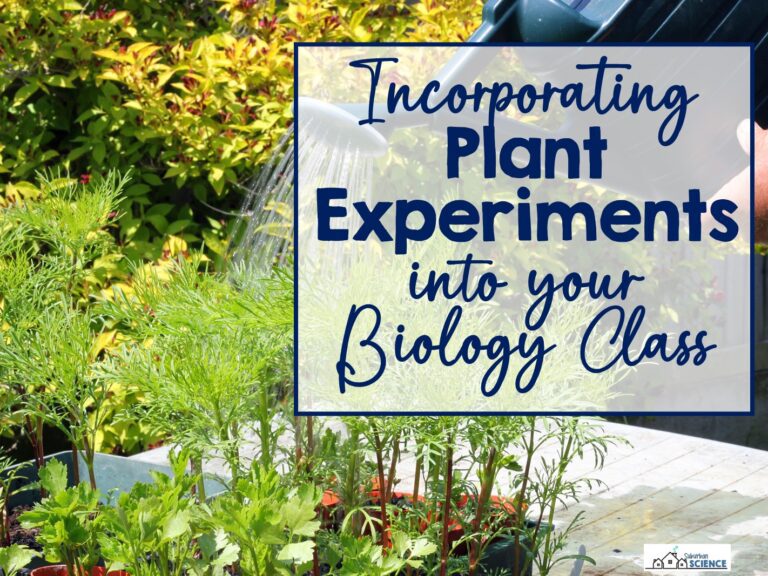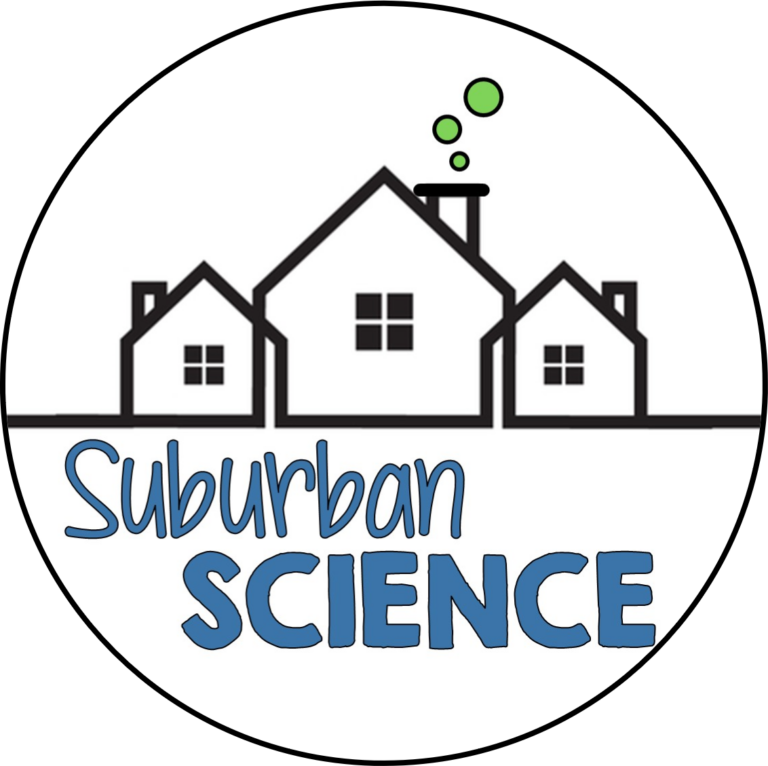
How to Plan Your Biology EOC Review
With your end-of-course exams just around the corner, there is no better time to begin thinking about how your students will prepare with a Biology EOC review. Here are some BIG ideas of how to make test prep easier, more engaging for students, and more informative for you!












